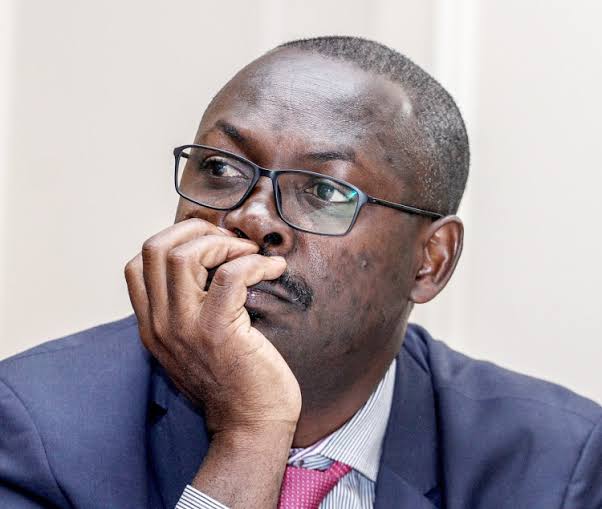
The Managing Director of Nairobi Water and Sewerage Company, Nahashon Muguna this week faced the Public Investment Committee of The Nairobi City County Assembly to answer for the company’s mismanagement, corruption and poor performance.
Muguna, who has been in the water industry for 28 years, has served in various capacities, including as Director of Technical Services in year 2010, acting MD in Year 2017 and finally confirmed in year 2020.
During his tenure, the company’s performance has been on a downward trend, with reported losses, missed targets, and poor service delivery to Nairobi residents.
Nairobi Water has reported a net operating loss of over Ksh850 million, overspending of Ksh151 million, and failure to execute capital expenditure amounting to more than Ksh5 billion, resulting in ineffective water and sewerage services to residents.
The company reportedly underbilled water by an estimated Ksh86 million cubic metres or 51%, resulting in a loss of Ksh4.8 billion.
Stalled projects worth Ksh469 billion, unapproved payment of Ksh50 million to board members, and missing records of colossal amounts of money running into billions have also raised serious concerns.
Furthermore, the company has reportedly encroached land and the management has been unlawfully transfering parcels of land belonging to the company.
The failure to supply enough water to the residents of Nairobi by over 300,000 cubic metres against the daily demand of an estimated 800,000 cubic metres has resulted in persistent water rationing and shortages.
These issues have attracted scrutiny from the Office of the Auditor General, and Nairobi residents are eagerly awaiting the next course of action from the County Assembly, the Senate, and other relevant authorities.
It is our sincere hope that Nahashon Muguna and his associates will be held accountable for their actions.
Their mismanagement, corruption, and poor performance are solely responsible for the downfall of Nairobi Water and Sewerage Company.
Nairobians deserve better, and it’s only by holding those responsible to account can we begin to rebuild and ensure the effective delivery of essential services to the people.

















































